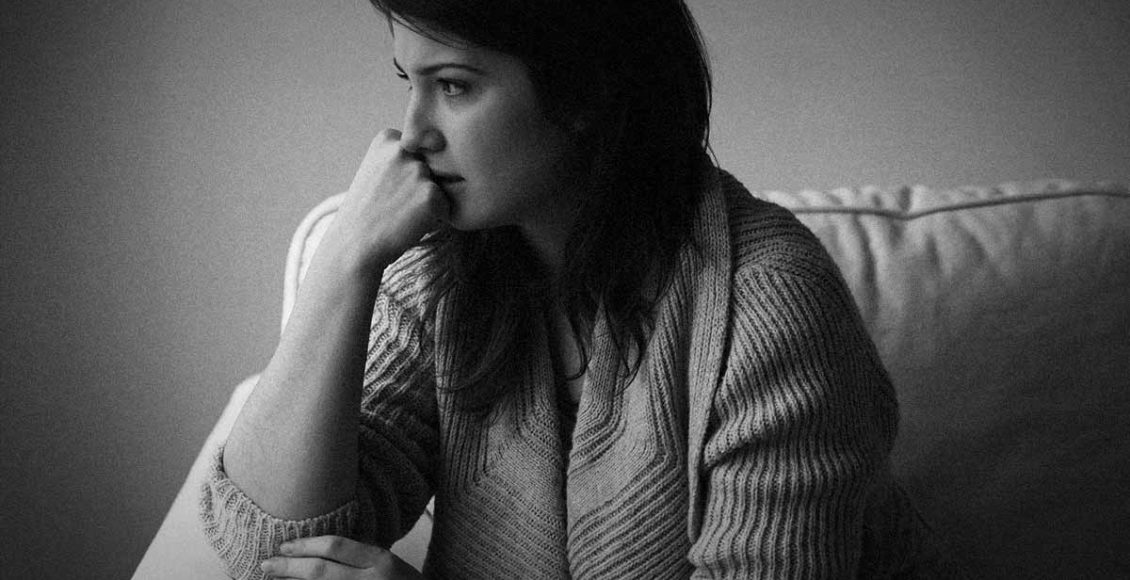The article provides details about certain sensations that people with generalized anxiety disorder (GAD) undergo, the awareness of which can help improve relationships with GAD-affected friends.
Tips are presented by 35-year old Rebecca Jane Stokes (Becca), who suffers from GAD.
To make the reader acquainted with the essence of GAD, Becca refers to an outline by The Anxiety and Depression Association of America (AADA): “Generalized Anxiety Disorder (GAD) is characterized by persistent and excessive worry about a number of different things. People with GAD may anticipate disaster and may be overly concerned about money, health, family, work, or other issues. Individuals with GAD find it difficult to control their worry.”
As far as the U.S. is concerned, the AADA points out that this type of mental health condition is affecting some 3.1% of the populaton, or 6.8 million adults, merely 43.2% of which are receiving treatment. The Association also notes that women are “twice as likely to be affected as men.”
The author reveals that GAD symptoms affect differently every single person who suffers from it. However, Rebecca notes that feelings of worry, terror and anxiousness related to future events are very common. Becca further stresses that anxiety is hard to “beat”, however, medication and talk therapy are her personal means of gaining control over her feelings.
She also pays attention that there is a peak period of her anxiety feelings, and that is summer. The reasons fot that are “biological, emotional, or somewhere in between”, as the author puts it, but she still struggles to find an exact explanation beyond “chemical imbalance”.
Becca pays special attention to 5 things we should be aware of in order to maintain better relationships with people who suffer mental health issues:
1. People with mental health conditions care about their friends
-even though they often tend to cancel, reschedule or somewhat fail to keep their plans. It’s not that they want to unfriend someone, the author suggests, it’s what anxiety does to their minds.
2. People might not be angry at you, even if it seems so
– if anxiety– affected friends seem distracted or absent-minded, it is because they are thinking about something that makes them anxious right then. Even more, when they make a frowning or sulking face, the expression might not be aimed at you, but at their own thoughts of something dreadful coming around.
3. People having anxiety might be suffering from sleep disorders, including insomnia and night terrors.
That might account for their rude attitude sometimes.
4. Do not try to suggest anxious people your own means of coping with anxiety.
The author stresses that if a person with GAD attempts to put down an advice on their condition and it does’t work, the outcome will be an even greater anxiety.
5. Becca says pretty much of those having mental health problems would love to be hugged by others.
And even if some of the anxious people out there find hugs irritating, they would love to be asked if they need a hug. That will show them you are concerned about them.
Author: Ruslana Pumpalova



